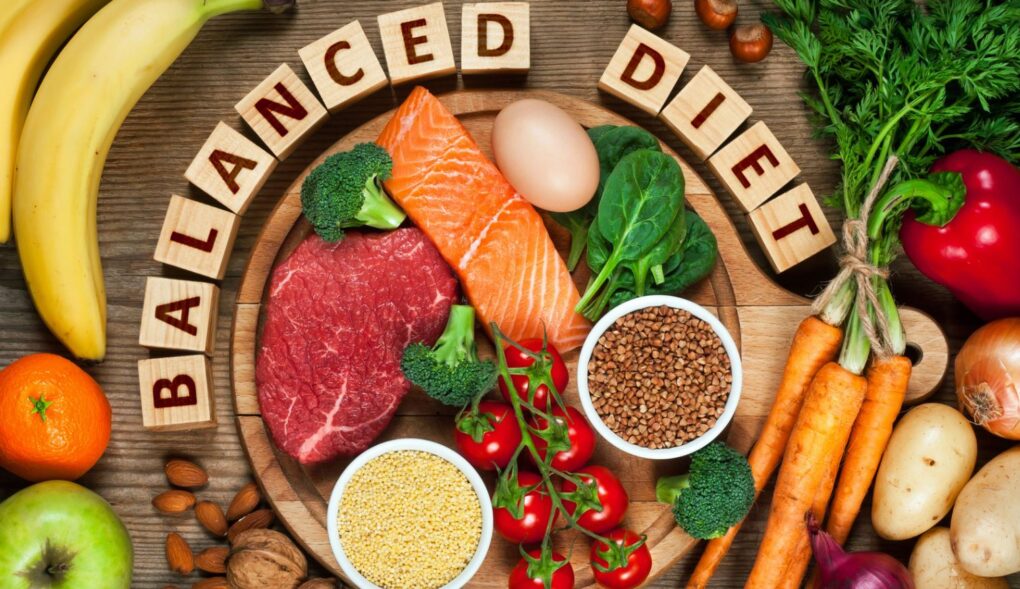There is no such thing as a perfect diet for everyone
We know that the food we eat has a major influence on our health. However, we also live in a world where there’s a lot of conflicting information about nutrition online — especially when it comes to the idea that there’s one “perfect” diet for everyone. Carnivores think their way is the best. Vegans think they have the answer. Others want you to go low-fat, while some want you to only eat fruit. How can they all be right for everyone? Well, they aren’t.
There are so many diets and trends out there with loud advocates that push their strategy as the ultimate way to go. While it may help one group of dieters, it creates confusion for almost everyone else.
People start to question if what they’re doing is “right” or if they should give up a balanced way of eating to try something more extreme because someone shared their story about “miracle” diets. You really don’t have to choose one route. In fact, I encourage you to experiment and explore.
In my diet, I use carbohydrates very efficiently, and my body runs very well off of them. For others, that may not be the case, and they may fare better eating carbs less often. Another example is when some people recommend “x-calorie diets” — focusing on an arbitrary number consumed each day. Everybody has different caloric needs based on height, weight, activity level, illness, and more. Recommending a fixed number of calories for the masses doesn’t take these variations into account at all.
How do you figure out the right diet for your needs?
A well-balanced diet that prioritizes protein, healthy fats, fiber, beneficial carbs from whole foods, and micronutrients with limited added sugar and highly processed food is the most agreed upon piece of dieting information. It’s specific enough to provide good guidance while still leaving room for people to adopt the guidance as they see fit for their lifestyle.
We don’t all need to eat the exact same foods, as long we do pick foods that provide the nutrients we need. Start to listen to yourself when it comes to the foods you eat and how your body responds to them. Which foods make you feel good? Which foods help you thrive? Which foods help you maintain a sustainable diet and not feel frustrated or bored?
Additionally, we can’t have this discussion without talking about chronic illness. It’s estimated that almost 130 million Americans have at least one major chronic disease like diabetes or hypertension. However, this figure doesn’t include things like postural orthostatic tachycardia syndrome (POTS), mast cell activation syndrome (MCAS), cancer, inflammatory bowel disease, and Crohn’s disease.
This drives that initial figure even higher when we take all of the additional chronic illnesses into account. Although not all of these are directly linked to nutrition, all of them involve nutrition in their respective forms of care in one way or another — and they do so in different ways, too! Someone with hypertension may really need to adhere to guidelines of not exceeding 2,300 milligrams of sodium per day. On the other hand, someone with POTS may need to greatly exceed that number to get through the day.
Bottom Line
There isn’t an inherent problem with giving diet and eating advice. However, there is a problem with giving advice from an extreme point of view that favors personal experience over the best interest of the general public.
It isn’t appropriate to eat only steak and butter and then promote it as the best way to go for thousands of impressionable people online. Everyone has different needs and goals, and while you can’t account for every single experience someone has online, you can recognize this and apply it to certain circumstances appropriately.
Source: Study Finds
Shyla Cadogan is a DMV-Based acute care Registered Dietitian. She holds specialized interests in integrative nutrition and communicating nutrition concepts in a nuanced, approachable way.


 By
By 